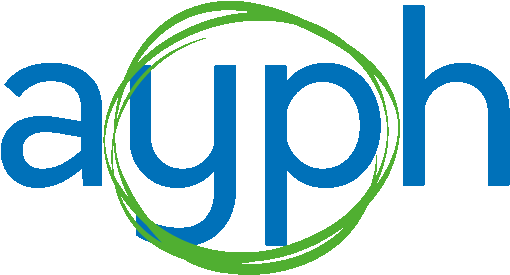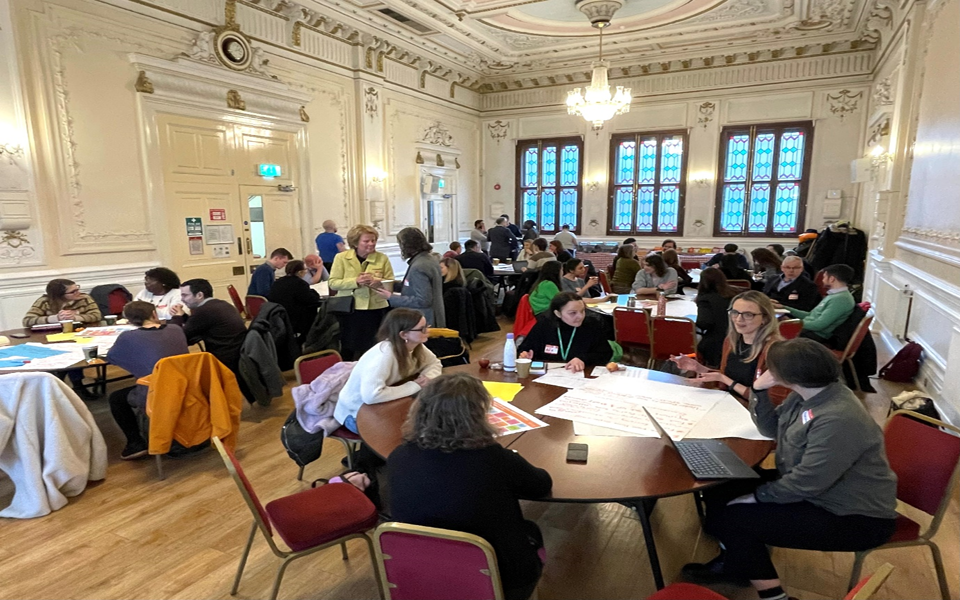As part of the We Are Food Secure 11-19 project in Newham over 40 stakeholders got together last month to brainstorm how secondary schools can play a part in reducing food insecurity for teenagers.
In the first stage of this Health Foundation funded project we had developed a ‘system map’ to unpack some of the influences and drivers of food insecurity for secondary age children. Now – with stakeholder involvement – we wanted to move on to designing and delivering interventions. The first round of interventions will be based in secondary schools.
The project is a partnership between the Public Health Department of the London Borough of Newham, the Association for Young People’s Health, and Cordis Bright.
Participants on the day included representatives from a number of different local authorities, charities, schools and other education bodies, and school food providers. We were also very pleased to be joined by the elected member for Education for Newham.
Delegates were presented with a range of possible interventions and changes that might help reduce food insecurity in secondary school, alongside the perspectives of young people in Newham that had arisen from the project so far. There were two break out sessions; one to establish whether there were any other possibilities that we’d missed, and one to discuss possible challenges to and supports for making these changes.
There was a strong message that food needed to be more woven into the fabric of schools, and that this should stem from governance levels down to the space allocated for eating. There was support for wider application of free school meals, but also more innovative suggestions around how we can change the whole food culture so that it is more appealing, nutritious and fair. The need for more “democratising” of decisions on food was suggested – to include youth voice as well as others. The possibilities for more flexible eating arrangements and food scheduling were also raised.
The system does pose challenges to improvement – such as financial disincentives presented by the conflicting needs of catering sub-contractors and school financial models versus what might be cheapest & healthiest for young people (water, for example). But there was a real energy in the room to change things and improve the offer to young people. We also acknowledged that change takes time and might need a staged approach.
Next steps
There is more to think about in how we can start to reframe food in the secondary school but the meeting was an excellent starting point. The team will be taking these ideas, discussing them further with young people and starting to plan how we can use our limited intervention funding pot to trial something innovative in two or three schools in the Borough.
|
For more information The project is being led by Newham’s Public Health Department and the head of Newham’s Food Strategy, Andy Gold. To get in touch, please email Hifsah Malik hifsah.malik@newham.ac.uk For more about the work of the Association for Young People’s Health, please visit our website..
|

